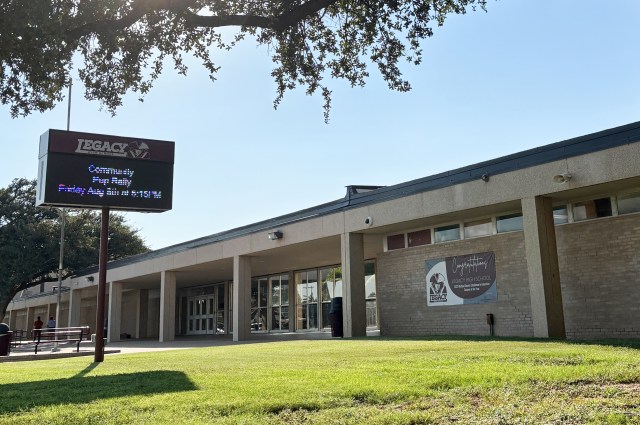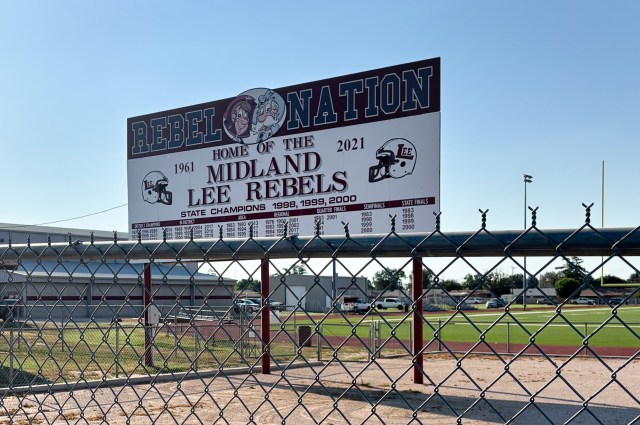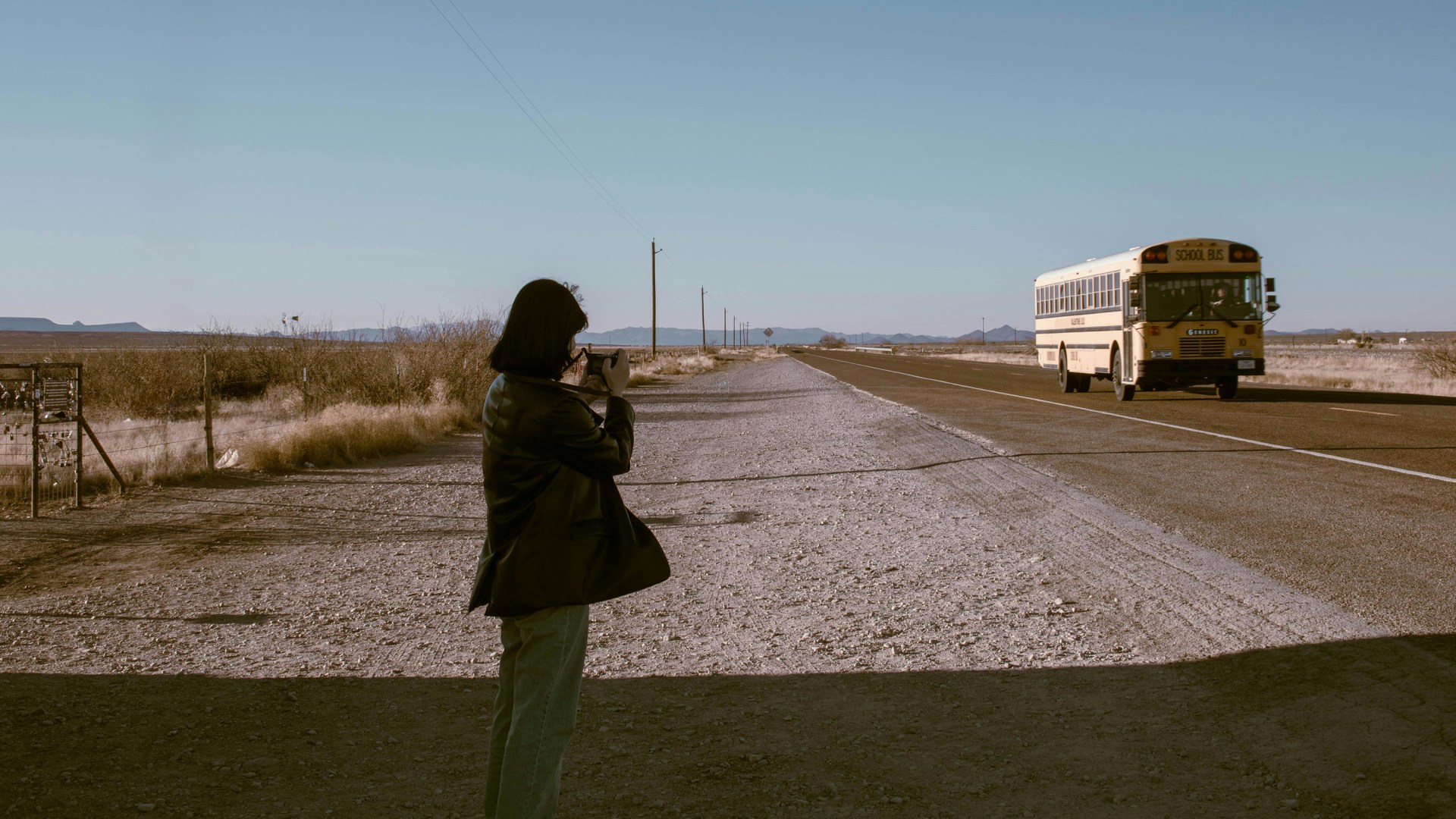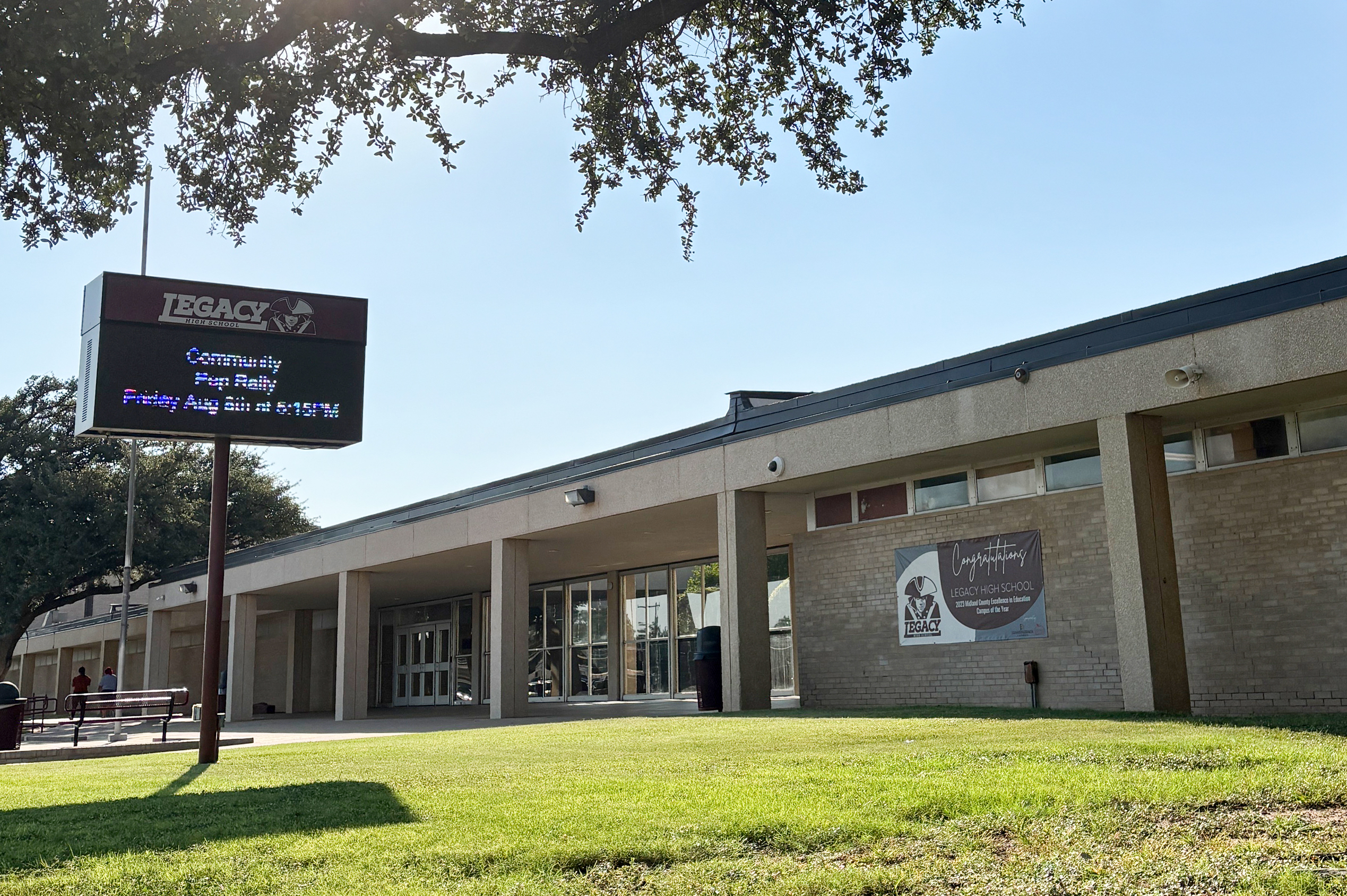America has a problem far deeper than partisan polarization or divergent policy preferences or dissatisfaction with the last election’s results. We’re living in a culture increasingly bereft of wise leadership, guided instead by people thrown to and fro by the ever-changing whims of their own hearts and those of their donors and constituents.
Too many of our leaders have swapped public service for attention seeking, issuing policies and pronouncements—each seemingly more extreme than the last—geared more toward growing follower counts and approval ratings than toward building a good and functional society. Ordinary people in the middle are left scrambling to meet our families’ needs: driving stakes into sand dunes, laying foundations on shifting tectonic plates.
Wisdom is an old-fashioned word, and I’m often unsure we even know what it means anymore. But I know what it’s not. Charisma and bombastic one-liners on X, Bluesky, or Truth Social might win elections and attract a crowd, but they are almost never wise. Publicly claiming moral authority while privately taking a different path might be fun for a while, but it’s undeniably foolish. Intelligence and good business acumen, decisiveness and steely resolve might propel someone to the highest levels of power, but it’s no proof of wisdom. “Better a poor but wise youth,” Ecclesiastes says, “than an old but foolish king who no longer knows how to heed a warning” (4:13). Pandering to the base by offering the most extreme version of your views might get your campaign bumper sticker on more cars, but this too is not wisdom’s path.
It wasn’t all that long ago that our problem with foolish leaders seemed concentrated in Washington. Back home in our local communities, we could roll our eyes at distant excesses and ineffectiveness and get on with our lives—maybe not always agreeing on everything, but wise enough to know that we have to be able to live with each other. But the bombastic playbook that has ruled Washington for years is being used more and more frequently on Main Street, destabilizing our local institutions and disrupting our communities.
Take the situation in my own town right now. Some members of our school board are trying to undo a 2020 decision that changed Robert E. Lee High School to Legacy High. The swap back then was contentious and complicated—I wrote about it at the time for Texas Monthly—but what strikes me now is the utter disconnect between this renewed debate and what we actually should be discussing as a new school year begins: how to improve student outcomes. Insofar as the school board spends time on this instead of more practical and pressing concerns, it’s making our children collateral damage in yet another skirmish of a never-ending culture war.
I understand how we got here, of course. On the national scale, President Donald Trump has revived naming debates by talking about calling the Washington Commanders the Redskins again and committing to “restoring names that honor American greatness,” like changing the Gulf of Mexico to the Gulf of America and returning Mount Denali to McKinley. That makes it politically expedient for politicians in a deep-red community like mine to talk about names too, as one board member did when announcing his proposal via a patriotic Fourth of July post.
It’s all political fun and games—except they’re playing with my children’s education. Rather than wisely leading our community to solve real but boring public education problems, like improving secondary math scores and early childhood literacy, these politicians are busy airing their opinions and bringing strife (Prov. 18:2, 6).
“Where there is no vision, the people perish,” Proverbs 29:18 says (KJV). And I think that’s it. That’s the thing so many of us are feeling. Though I know Christ’s kingdom is eternal, this political moment feels like cultural perishing.
I live in the West Texas desert, and when the summer heat sets in—heavy and dangerous and oppressive—we long for relief. So it’s no surprise to me that throughout Proverbs, wisdom is described as bubbling, life-giving, refreshing water. When we’re parched, finding water is all we can think about. And on a societal level, we’re parched for wisdom.
We need more leaders who pursue what is “right and just and fair.” We need leaders who are slow to speak but quick to “listen and add to their learning,” prudent leaders who care less about momentary political wins than about humble acts of care for the future (1:1–7).
The school renaming story is just one example from my community, yet it’s illustrative of something happening much more widely—in red and blue states, liberal and conservative communities, religious and secular spaces alike. While on the right we’re occupied with manufactured arguments about renaming schools for Confederate war heroes, politicians on the left are out pandering about pipedreams like city-owned grocery stores and free childcare. This is the same illness, just different symptoms. It’s leadership built around virality and vote totals instead of wisdom, insight, humility, and discernment. It’s foolishness.
And though our need for wisdom seems particularly desperate right now, it’s not really new. Even our local fight about the high school name started decades ago.
Back in 1954, the Supreme Court ruled in Brown v. Board of Education that segregated public schools are unconstitutional. But in southern cities across the United States, including here in Midland, Texas, nothing really changed. Our high schools didn’t integrate until 1968, and our elementary schools failed to integrate until a federal ruling intervened in the ’70s. And in 1961, Midland opened a new segregated high school: Robert E. Lee.
Today that naming decision is largely recognized, even among many of its present-day defenders, as an act of resistance to federal integration orders. The Midland school board wasn’t alone in this kind of folly. “In the 84 years between Lee’s death and Brown, a Texas school adopted his name on average once every 10.5 years,” Daniel Harris, a local theologian and historian recently wrote. But in “the 21 years between Brown and the last Texas school to adopt his name in 1974, that rate more than quadrupled: one every 28 months.”
By 2020, there had been rumblings for years about changing the name, but it took the events of that summer—George Floyd’s death and subsequent unrest nationwide—to ignite the local debate. The initial idea was that Robert E. Lee would become Legacy of Equality and Excellence, or LEE for short. But the 2020 board (a different slate of leaders than the ones now in office) rejected that suggestion, settling on Legacy instead.
“Board President Rick Davis said at the time that he was initially open to a LEE acronym,” the local news reported, but “after continuing to listen to people’s reaction to the acronym and praying about it,” he said, he became convinced that the acronym would “not go far enough in disassociating ourselves from having a public school named to honor a Confederate general who fought for the southern states’ ability to continue the abominable institution of slavery.”
I know many in my community disagree, but to me this reflects genuine biblical wisdom. He listened (Prov. 12:15). He prayed (Col. 1:9). And he changed his mind (Prov. 19:20), taking the more difficult political path to stay true to his convictions.
 Photography by Carrie McKean
Photography by Carrie McKean Photography by Carrie McKean
Photography by Carrie McKeanMany of Davis’s loudest critics, including current board members, frame the 2020 LEE rejection as evidence of a woke, power-hungry school board that refused to listen to locals and defied Proverbs 11:14: “For lack of guidance a nation falls, but victory is won through many advisers.” But this critique is a shallow reading of that verse. The promise of victory depends on the presence of wise counselors, not frenzied crowds airing their opinions.
One reason we elect leaders is that our founding fathers knew we needed to constrain ourselves, to base our laws on something more measured and substantive than the whims of the public. Public servants in a republic like ours are supposed to be level-headed, circumspect people who feel the weight of their responsibility to the whole of the community, considering all the generational and social ripples of their decisions. And given the weightiness of that position, we need them to humbly discern what is best.
In a 2004 sermon, pastor Tim Keller defined wisdom as “knowing how things really happen, knowing how things really are, and knowing what to do about it.” The wise have moral character of mind and heart, he said, so that they do the right things even when there’s no rule about it, even when they have the right to choose otherwise, even if they have every excuse to take the easier, less-controversial path.
Wisdom is not a synonym for intelligence or even knowledge. As Gordon T. Smith says in Called to be Saints, “Knowledge in itself easily ‘puffs up’ and also leads to dogmatism. True wisdom is evident in humility” and constant willingness to learn. The wise “know something of what they know while also recognizing what they do not know,” Smith adds, and wisdom is “marked by humility and charity toward all, most notably those with whom we differ.”
In Philippians 1:9–10, Paul drew a direct connection between wisdom and overflowing love: It is through love, he wrote, that we are able to discern what is best.
None of this sounds like your average American politician, not even the ones who thump their Bibles. Sure, there are exceptions. But more often, people of character, humility, and love are deemed weak and unsuitable for American politics from Washington on down.
Where does that leave us? Here in Midland, it means that a few weeks before the next school year, our community is once again bickering about the name on the building instead of addressing what’s happening inside. We’re mistaking bluster for bravery and letting ourselves be provoked to rancor rather than doing what it takes to work together and educate our children well. In some twisted way, we’ve managed to make both too little and too much of what this school is called—and meanwhile, we still have vulnerable children missing out on the exceptional public education they need.
I don’t discount the real concerns about history, wokeness, and justice that are drawing us into this name battle. But wisdom takes all that in and holds it in tension. In Proverbs 8:11, wisdom is compared to rubies. As with most precious stones, a ruby’s beauty is revealed in its multiple facets; its value increases if it is cut skillfully, ensuring every glimmering angle is revealed. This is the way of wisdom: not a zero-sum political game but careful consideration of multiple perspectives in pursuit of goodness, beauty, and truth.
True wisdom may be costly. It may not seem useful in the moment, and for many politicians, there’s little incentive to be wise. But God offers to generously give wisdom to those who seek it in faith (James 1:5–8). Leaders—in offices from local school board to statehouse to Congress or even the White House—only have to humble themselves and ask. We the people are parched for it.
Carrie McKean is a West Texas–based writer whose work has appeared in The New York Times, The Atlantic, and Texas Monthly magazine. Find her at carriemckean.com.
























